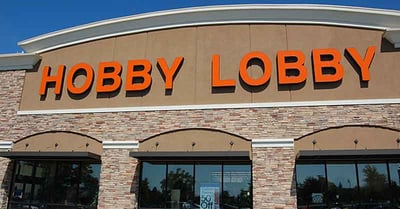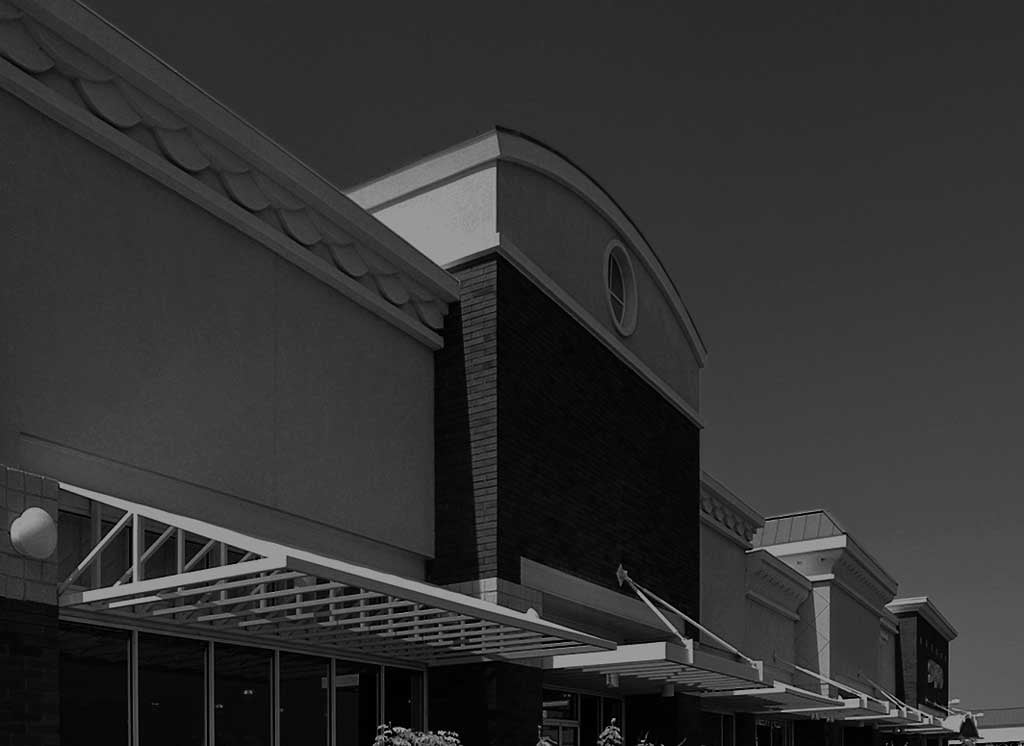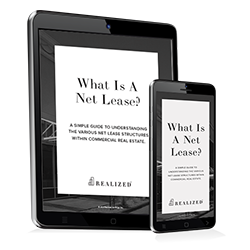Page 5 41 - 50 of 98
The Basics of Single-Tenant Net-Leased (STNL or NNN) Properties

Single-Tenant Triple-Net property (also known as “Net-Lease”, “STNL” or “NNN”) refers to a property 100 percent leased to one tenant with a lease structure in which the tenant is responsible for all property-related expenses, leaving the landlord with minimal responsibilities. NNN properties are a popular choice for individuals who wish to invest in real estate, but may not have the time or desire to actively manage a property.
Investing in Gross Lease vs Net Lease - What You Need to Consider

Commercial leases generally fall into two categories — gross and net, with net leases being the most common. These two leases are very different. Let's dig into the details to see what you should know about both.
Why Is It Called a Net Lease?

Real estate leases come in various forms, each with its own set of terms and conditions. One type of lease commonly used in commercial real estate is the net lease.
Why Do Companies Do Net Leases?

A net lease has benefits for both tenants and landlords. These leases come in different forms and are signified by their number of “N”s, such as NNN, which means triple net lease.
What are the Major Components of a Net Lease?

In commercial real estate landlords sometimes choose to use a net lease, which requires tenants to pay expenses beyond their rent to contribute to the property's operational costs. The components of a net lease can include base rent, property taxes, insurance, and maintenance costs.
How are Triple Net (NNN) Charges Calculated?

Commercial property leases can take numerous forms, from gross to absolute net. Many of the particulars are standard within each type, but there are variations. Therefore, always carefully review a lease's terms to ensure you aren't surprised by what you are responsible for paying.
What Is An Example of a Net Lease?

Net leases generally are for single-tenant properties. They are often associated with office buildings, warehouses, and retail spaces. Retail properties probably utilize net leases more than any other category. These include fast food restaurants, convenience stores, gas stations, and big box stores.
Can You Negotiate a Triple Net Lease?

Triple net leases may be appealing to some real estate investors because the tenant agrees to do most of the heavy lifting under this type of lease structure.
Triple Net Lease Examples to Consider

Triple net leases, also called NNN leased properties, can potentially offer real estate investors several advantages over other types of lease structures, but they aren’t without their potential drawbacks, either.
What Are the Pros and Cons of a Double Net Lease (NN) Property?

Commercial leases typically fall into three categories: gross leases, modified gross leases, and net leases. Within the net lease category, there are single, double, triple, and absolute subcategories. Which is most advantageous for you depends on the type of business, the circumstances, and whether you are the landlord or the tenant. Knowledge is power, and understanding the differences between the leases can help you decide which is most suitable.
Page 5 41 - 50 of 98


